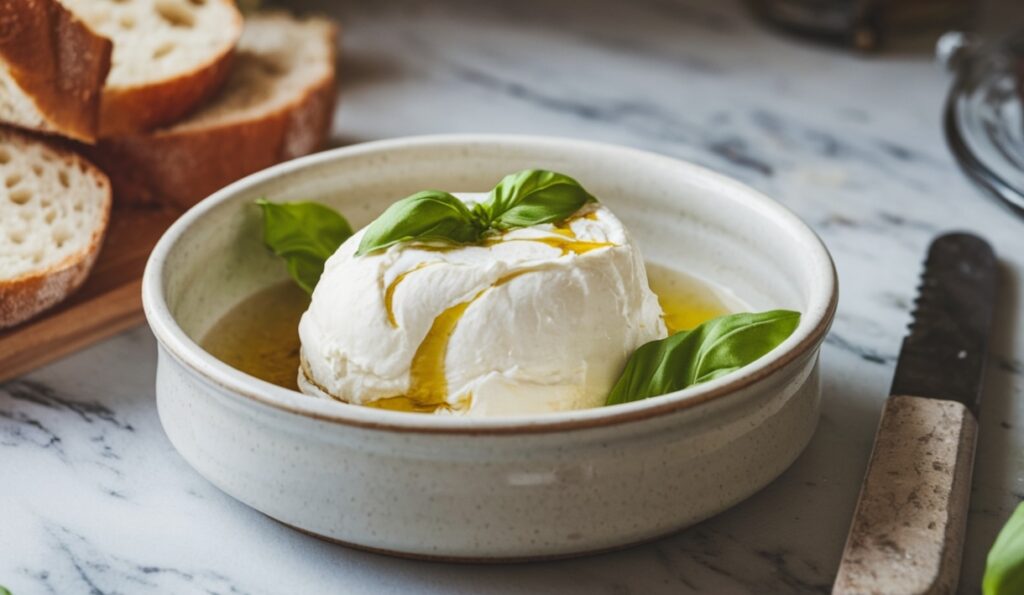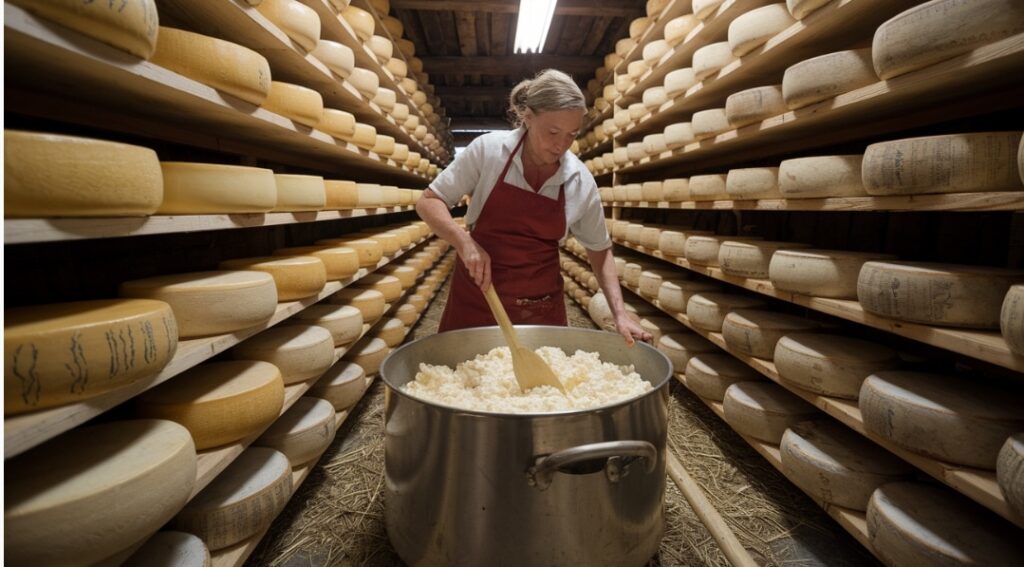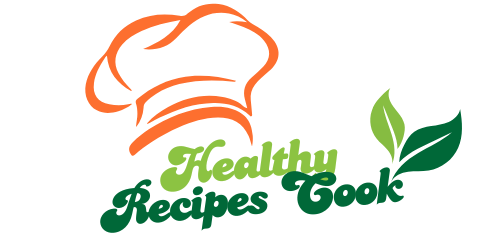Rennet-free cheeses are a hot topic among food enthusiasts, vegans, and anyone exploring ethical eating habits. Whether you’re curious about rennet-free cheeses for dietary reasons, ethical concerns, or simply out of intrigue, you’re in the right place. But what exactly makes rennet-free cheeses such a fascinating choice for so many people? Let’s dive deep into this cheesy subject and explore why rennet-free cheeses are gaining popularity.
Table of Contents
Understanding Cheese and Rennet
Cheese lovers often overlook one crucial detail: what goes into their favorite treat. Cheese, in its essence, is a combination of milk, bacteria, and an agent that helps curdle the milk. That agent, more often than not, is rennet.
What is Rennet and How is it Used?
Rennet-free cheeses are made without the use of rennet, a complex of enzymes traditionally used to coagulate milk by separating it into curds and whey the building blocks of cheese. For centuries, rennet, derived from the stomach lining of young calves, was the primary curdling agent, giving cheese its unique texture and flavor. However, the demand for rennet-free cheeses has grown, thanks to technological advances introducing alternatives like microbial and vegetarian rennet, making ethical and dietary choices easier for consumers.
“Modern cheese-making celebrates innovation, with rennet-free options becoming a beacon for inclusivity in food.”
“Modern cheese-making celebrates innovation, with rennet-free options becoming a beacon for inclusivity in food.”
Types of Rennet: Animal, Microbial, and Vegetarian
- Animal Rennet: Derived from calves, this is the most traditional form. However, it’s unsuitable for vegetarians and vegans.
- Microbial Rennet: Made from mold or fungi, microbial rennet is an accessible alternative that still mimics the curdling properties of its animal counterpart.
- Vegetarian Rennet: Often plant-based, this includes extracts from fig leaves, thistles, or certain tree barks.
These alternatives have opened doors for cheese enthusiasts with dietary restrictions or ethical concerns.
Why Choose Cheese Without Rennet?
The choice to go rennet-free isn’t just about ethical eating it’s about embracing health and culinary creativity.
Health Benefits of Rennet-Free Cheese
Rennet-free cheeses, especially fresh varieties, often avoid heavy processing, making them a healthier choice for many. These cheeses are gentle on the digestive system, which is particularly beneficial for individuals with sensitive stomachs. Moreover, choosing rennet-free cheeses that use plant-based rennet can help reduce exposure to common allergens or artificial additives, offering a more natural and wholesome option for cheese lovers.
Ethical and Dietary Reasons for Avoiding Rennet
For vegetarians, consuming cheese made with animal rennet directly contradicts their principles. Similarly, many cultures and religions abstain from products derived from animals for ethical or spiritual reasons. With rennet-free cheeses, individuals can enjoy their favorite cheesy dishes without compromising their values, making these cheeses a perfect solution for those seeking ethical and inclusive options.
🌱 Fun fact: Vegetarian Gouda cheese is one popular example of how traditional favorites can be made rennet-free.
Popular Cheeses Without Rennet
Not all cheeses are made with animal-derived rennet. Some are naturally rennet-free, while others are crafted using plant-based or microbial alternatives. These cheeses cater to a wide range of palates and dietary preferences, ensuring that everyone can enjoy a slice of cheesy heaven.
“🌱 Fun fact: Vegetarian Gouda cheese is one popular example of how traditional favorites can be made rennet-free.”

Fresh Cheeses: Cottage Cheese, Ricotta, and Cream Cheese
Fresh cheeses are a fantastic place to start when exploring rennet-free options. These cheeses do not require the intense curdling that rennet provides. Instead, they rely on natural acidification or other agents to achieve the desired texture.
- Cottage Cheese: Made by adding an acid, such as vinegar or lemon juice, to milk, cottage cheese is light, fluffy, and protein-rich. Perfect for salads, dips, or as a snack on its own.
- Ricotta: Often crafted from whey left over from other cheese-making processes, ricotta is naturally rennet-free. It’s creamy, versatile, and pairs wonderfully with both sweet and savory dishes.
- Cream Cheese: A beloved spread for bagels and pastries, cream cheese is another rennet-free delight. For more ideas, check out cream cheese filling recipes for desserts and snacks.
“Fresh cheeses without rennet bring simplicity and versatility to your kitchen table.”
If you love strong and tangy cheeses, consider trying blue cheese crumbles as a topping for your dishes.
Hard Cheeses Without Rennet
While many hard cheeses traditionally use rennet, there are exceptions, and the rise of vegetarian alternatives is changing the game.
- Cheddar: Some cheddar varieties use microbial or plant-based rennet, making them suitable for vegetarians.
- Parmesan Alternatives: While traditional Parmesan requires animal rennet, there are now vegetarian-friendly versions available, often labeled as “Italian hard cheese.”
- Pecorino Romano: Some versions of this sheep’s milk cheese are made with plant-based rennet, offering the same bold flavor and firm texture.
Curious if Provolone cheese contains rennet? Learn the truth in our full breakdown Is Provolone Cheese Vegetarian?.
Artisan and Vegan Alternatives
Artisan cheese-makers are at the forefront of crafting exquisite rennet-free and vegan cheeses. These cheeses often use innovative ingredients like cashews, almonds, and soy to replicate the textures and flavors of traditional cheeses.
- Vegan Brie: Crafted from cashew cream and fermented for a rich, buttery texture.
- Vegan Mozzarella: Perfect for pizzas and pasta, made from tapioca starch and coconut milk.
- Nut-Based Cheese Wheels: Flavored with herbs, spices, and nutritional yeast for depth and umami.
🌟 Pro Tip: Look for labels that explicitly state “rennet-free” or “suitable for vegetarians” when purchasing cheese.
The Cheese-Making Process Without Rennet
Curious about making your own cheese at home? The process of crafting rennet-free cheese is surprisingly straightforward and rewarding.

Ingredients for Rennet-Free Cheese
To make rennet-free cheese, you’ll need only a few basic ingredients:
- Milk (cow, goat, or plant-based options for vegans)
- Acidic agents like lemon juice, vinegar, or citric acid
- Optional herbs or spices for flavoring
These simple ingredients can yield a delightful array of cheese varieties.
Steps to Make Your Own Rennet-Free Cheese
- Heat the Milk: Slowly warm the milk in a pot, being careful not to scorch it.
- Add the Acid: Stir in lemon juice or vinegar to curdle the milk. You’ll notice curds forming almost immediately.
- Strain the Curds: Using a cheesecloth or fine mesh strainer, separate the curds from the whey.
- Season and Shape: Add salt and herbs, then press the curds into a mold to shape your cheese.
- Refrigerate: Allow the cheese to set in the fridge for several hours before serving.
Homemade rennet-free cheese is not only delicious but also a fantastic way to experiment with flavors and textures.
Tips for Perfecting Your Recipe
- Use the freshest milk possible for the best results.
- Adjust the acid quantity based on the milk type; higher fat content may require more acid.
- Experiment with add-ins like garlic, chives, or chili flakes to create unique flavors.
“Making your own rennet-free cheese is like alchemy in the kitchen a blend of science and creativity.”
Where to Find Rennet-Free Cheese?
If cheese-making isn’t your thing, don’t worry! There are plenty of options for purchasing rennet-free cheese.
Grocery Store Brands Offering Rennet-Free Options
Many mainstream brands now offer rennet-free cheese varieties. Look for labels that mention vegetarian rennet or microbial rennet. Popular examples include:
- Cabot (some products)
- Tillamook
- Amy’s Kitchen (for vegan options)
Local Farms and Specialty Shops
Local farms often produce artisan cheeses using traditional, rennet-free methods. Specialty cheese shops are also a treasure trove for finding unique, handcrafted varieties.
Online Stores and Global Availability
The internet has made it easier than ever to access rennet-free cheese from around the world. Websites like VeganEssentials, Miyoko’s Creamery, and specialty online cheese shops cater to this niche market.
🛒 Fun Tip: When shopping online, read product descriptions carefully to ensure they align with your dietary needs.
FAQs About Cheese Without Rennet
Is Gouda cheese vegetarian?
Gouda cheese can be vegetarian, but it depends on how it is made. Traditional Gouda often uses animal rennet, but many manufacturers now produce vegetarian-friendly versions using microbial or plant-based rennet. Always check the label or confirm with the manufacturer.
Is provolone vegetarian?
Provolone is typically made with animal rennet, so it is not always vegetarian. However, some producers have started crafting vegetarian versions using alternative coagulants. Look for brands labeled as vegetarian-friendly.
What cheese can vegetarians eat?
Vegetarians can eat cheeses made without animal rennet. These include most fresh cheeses like ricotta, cream cheese, and paneer, as well as certain hard cheeses that use microbial or plant-based rennet. Vegan cheeses are also a great option for vegetarians seeking completely animal-free products.
Is cheddar cheese considered vegetarian?
Cheddar cheese can be vegetarian, but it depends on the type of rennet used. Some cheddar brands utilize microbial or vegetarian rennet, making them suitable for vegetarians. To be sure, look for labels stating “suitable for vegetarians.”
Does rennet-free cheese taste different?
Rennet-free cheese can taste slightly different depending on the type of rennet substitute used. However, for most people, the flavor difference is minimal, especially with high-quality rennet-free or vegetarian cheeses.
Is vegan cheese the same as rennet-free cheese?
Not exactly. Vegan cheese is entirely plant-based, meaning it contains no animal products at all, while rennet-free cheese can still contain dairy but uses alternatives to animal rennet.
Conclusion: Embracing Rennet-Free Cheese
Rennet-free cheese is more than just a dietary choice; it’s a celebration of inclusivity, innovation, and mindful eating. Whether you’re making fresh cheese at home, indulging in artisan vegan varieties, or selecting vegetarian-friendly brands, the options are endless and delicious.
By understanding what goes into your cheese and exploring alternatives, you not only support ethical and sustainable practices but also unlock new culinary experiences. So, the next time you’re shopping or cooking, give rennet-free cheese a try you might just discover a new favorite!

